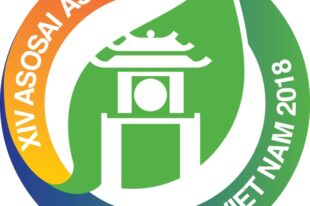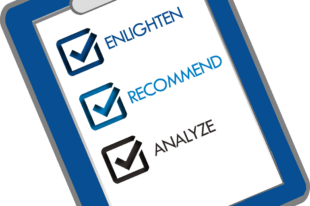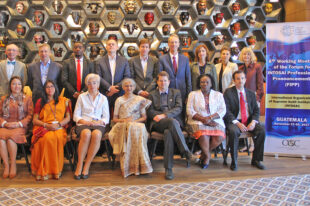SAI Costa Rica Uses Innovative, Agile Approaches to Oversee Pandemic Response
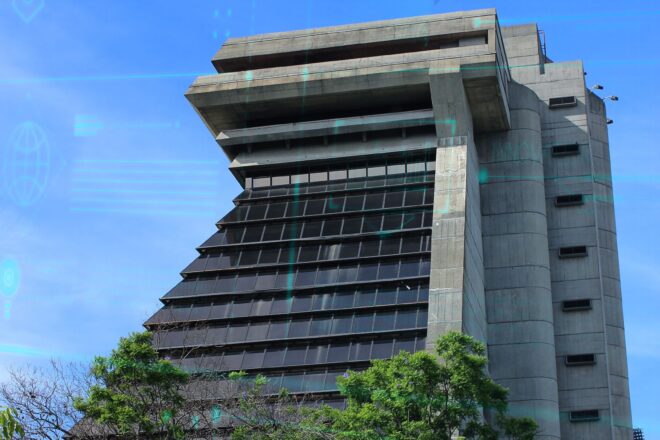
SAI Costa Rica Develops Innovative Audit Approach during the Pandemic
In 2020, the Office of the Comptroller General of the Republic of Costa Rica, the country’s Supreme Audit Institution (SAI), designed a strategic audit approach to assess Bono Proteger, a government program that provides $100-200 USD cash payments, for up to three months, to workers whose working conditions or livelihood were affected by the pandemic. The Ministry of Labor and Social Welfare and the Institute of Social Aid implemented the program, whose budget was $410 million, using digital applications to process aid requests.
Given the considerable public resources invested in the program, SAI Costa Rica developed an integrated approach that involved three audit processes examining the program’s design and management control; the program’s technological platform and information security; and evaluation of the program’s results. For the first two processes, the SAI provided short reports before the final report was issued, and for the third, it conducted a more traditional performance audit. These audits had numerous positive results, including:
- Improved tracking between the program’s design and evaluation of the impact on the target population.
- Issuance of regulations for designing public interventions in emergency contexts using specific methodologies, and for strategic management controls to monitor implementation.
- Adjustments to the algorithms for validating and prioritizing applicants, after SAI Costa Rica found—using a logarithmic regression model—that key variables could impede some eligible applicants from receiving benefits.
- Greater safeguarding of applicants’ information, and more controls for the use of the technological platform.
- Detection of risks, through analysis of databases for anomalies, of having granted benefits to ineligible applicants. Implementing entities are in the process of recovering these funds.
- Demonstration, using an impact evaluation model, of the program’s positive effects, such as providing three meals a day, paying bills, enabling students to stay in school, and supporting efforts to find a job or start a business.
This strategic and integrated audit approach enabled SAI Costa Rica to provide timely feedback to the program’s implementers, informing decision-making and allowing for continuous improvement, while also communicating key information to Parliament for its oversight of the program.
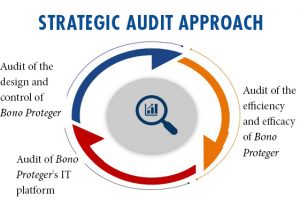
SAI Costa Rica Shifts to More Agile Monitoring of Public Finances
In July 2020, SAI Costa Rica launched the website #MonitoreoCGR as part of its efforts to continuously monitor public finances during the pandemic. The SAI posts short reports offering concise analysis and clear conclusions to the website on a weekly basis. This format gives stakeholders—such as members of parliament, government entities, the media, and citizens—a more comprehensive view of the fiscal and budgetary environment than traditional reports.
The website also provides access to historical databases of the revenues and expenditures of the central government and public sector, and it enables users to enter queries and download data that is updated monthly. For ease of use, the website is divided into four sections, based on the stages of the budgetary cycle—from discussions of the budget bill in the legislature, through implementation, to accountability.
SAI Costa Rica is required by law to report periodically on public finance issues to the Legislative Assembly. Through this website, the SAI aims to achieve greater transparency, provide important information to decision-makers and citizens, and inform conversations on the economic and fiscal recovery in the coming years.

